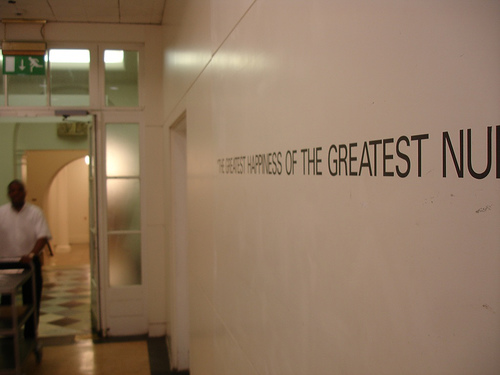 Building something truly useful is a fantasy for most designers, entrepreneurs, and product people. Most will build something that is a reasonable copy of something truly useful and along the way convince themselves that it is gonna be great, that the folks are gonna love it.
Building something truly useful is a fantasy for most designers, entrepreneurs, and product people. Most will build something that is a reasonable copy of something truly useful and along the way convince themselves that it is gonna be great, that the folks are gonna love it.
The truth is that there are very few transformative tools with a genuine utility. Transformative products create a new space for utility by solving a problem that we didn’t know we had. Twitter, Facebook, Google, Get Satisfaction, Amazon’s EC2, Amazon are just a few businesses that have become an integral part of our lives by being good utilitarians.
Utilitarianism, the moral framework and philosophy championed by John Stuart Mill and Jeremy Beckham, is a useful way of understanding digital product development in a kind of steam punk way. Mill wrote in Utilitarianism:
Utility, or the Greatest Happiness Principle, holds that actions are right in proportion as they tend to promote happiness, wrong as they tend to produce the reverse of happiness. By happiness is intended pleasure, and the absence of pain; by unhappiness, pain, and the privation of pleasure.
When thinking about building experiences and tools for people what better focus is there than making people happy. For a product to be huge, entrepreneurs, designers and developers need to consider how their decisions will impact their users and if their choices will promote happiness or unhappiness.
Whilst I am no great fan of Bentham, preferring a more relativist view of the world, I think that as a simplistic approach to my continuing project to combine philosophy with online marketing in under 500 words, utilitarianism should be the tool of choice for the product developers amongst us.

